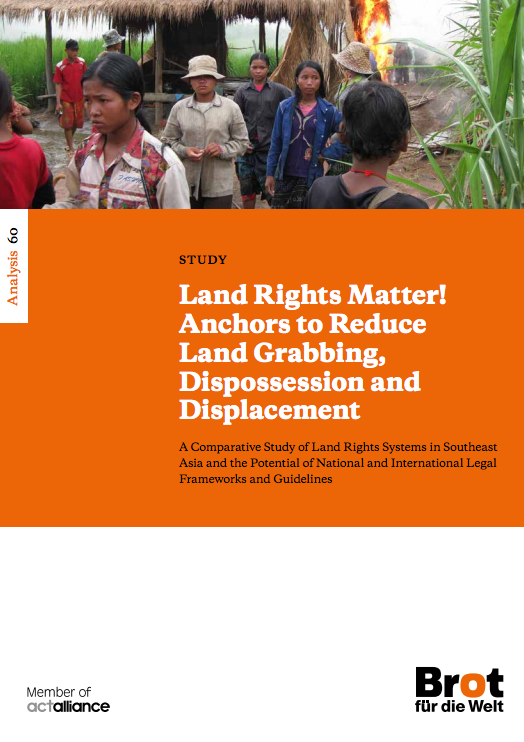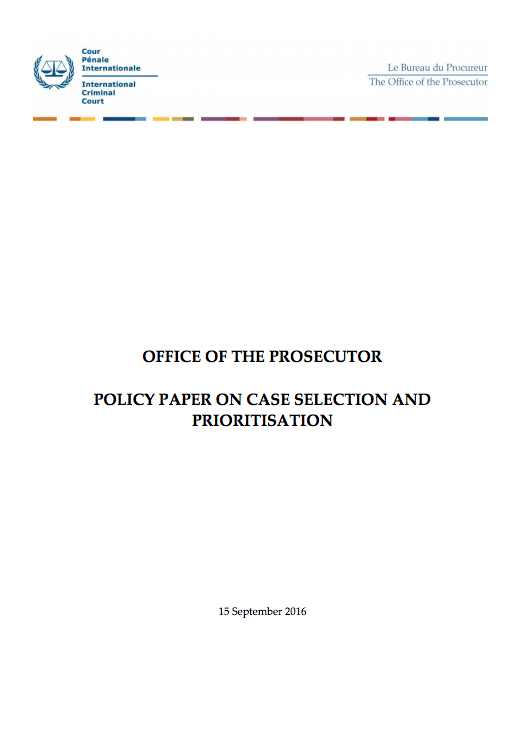Tainted Lands: Corruption In Large-Scale Land Deals
A surge in land grabbing over the past decade has seen millions of people displaced from their homes and farmland, often violently, and pushed deeper into poverty. As demand for food, fuel and commodities increases pressure on land, companies are all too often striking deals with corrupt state officials without the consent of the people who live on it. Until now, there has been little analysis of the role that corruption plays in the transfer of land and natural resources from local communities to political and business elites.










